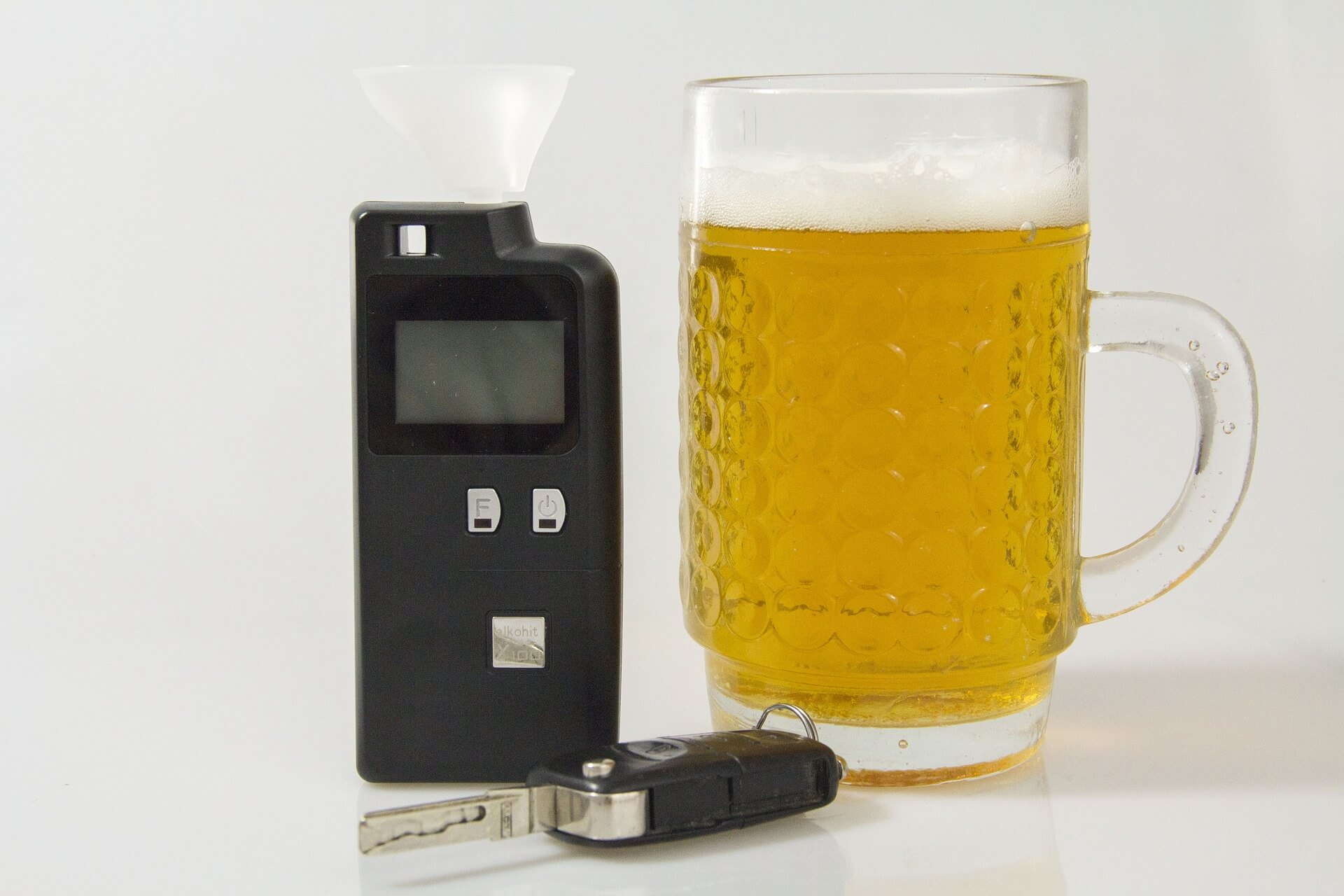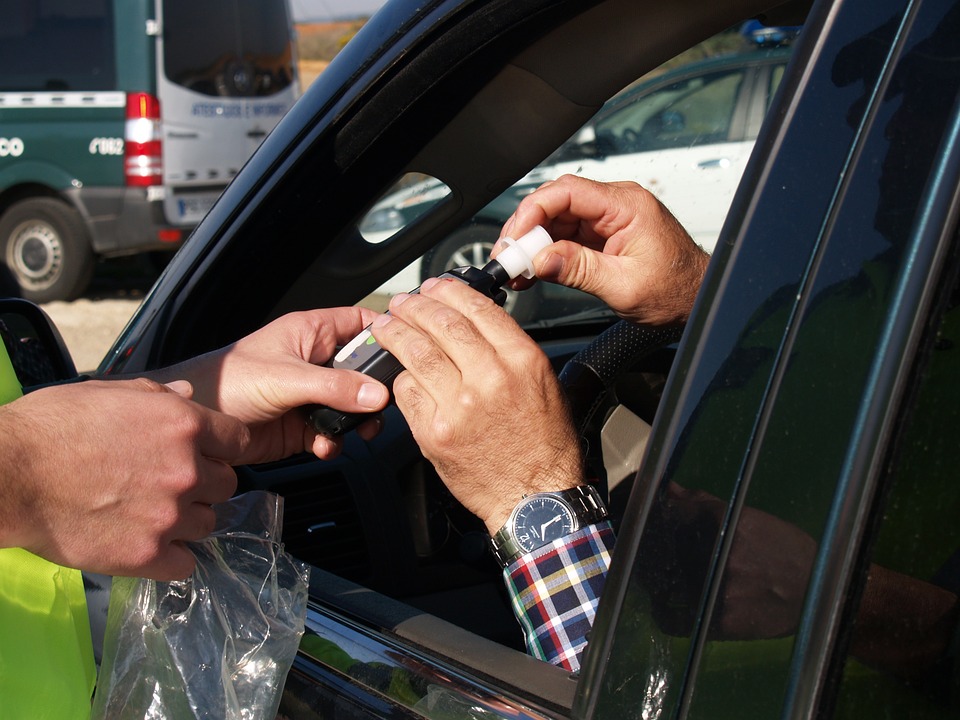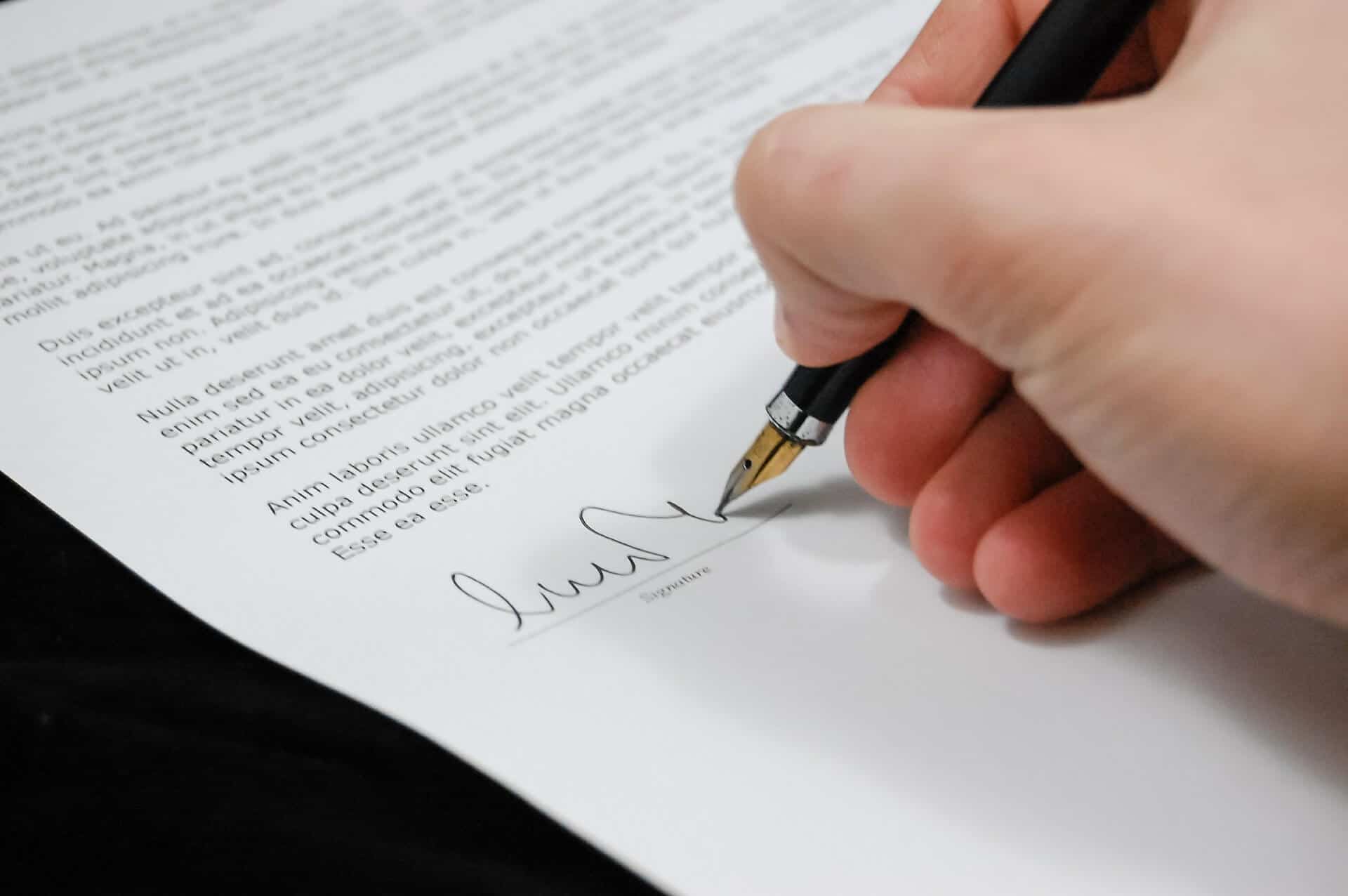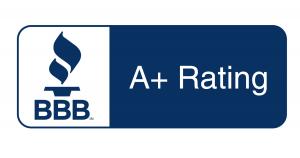What Happens When You Refuse to Take a Breathalyzer in Pennsylvania?
Main Takeaways:
- Driving with a BAC of 0.08 or higher is illegal and will result in a DUI or DWI charge.
- A breathalyzer measures the amount of alcohol exhaled by your lungs when you breathe into it.
- If you refuse to submit to the breathalyzer test, you will have your driver’s license suspended for a period of time ranging between 12 and 18 months.
- If certain guidelines for breathalyzers are not followed, then the test results will be invalid.
Pennsylvania DUI Laws

A breathalyzer measures the amount of alcohol exhaled by your lungs when you breathe into it. It is registered by the machine, which calculates your BAC. If it calculates it at 0.08, this will be used in court as evidence that you were driving under the influence.
Many people think that if they are stopped by law enforcement for suspicion of DUI/DWI, it will help them to refuse a breathalyzer test so there will not be evidence of their BAC. This is not true. If you have been arrested for drunk driving, there are penalties imposed for refusing to submit to the test even if the DUI/DWI charges are later dropped or you are acquitted.
Consequences for Refusing a Breathalyzer Test

If you refuse to submit to the breathalyzer test, you will have your driver’s license suspended for a period of time ranging between 12 and 18 months, depending on whether or not the driver’s license has previously been suspended under this code section. Even if you are not charged with a DUI, or are charged and acquitted, the refusal is a separate offense and your driver’s license will still be suspended.
Law enforcement also has other ways of proving your BAC was over 0.08. They can testify that your eyes were red, you were driving erratically, your speech was slurred and present other evidence of this nature. This testimony at trial may be enough to secure a conviction even without a BAC test.
Plus, it is not a slam dunk that you will be convicted of DUI even if the results show your BAC to be 0.08 or above. There are challenges that can be made that may show the results to be invalid.
Challenges to the Validity of Breathalyzer Test Results
Certain guidelines must be legally followed for the administration of a Breathalyzer test. If these guidelines were not followed, then the test results will be invalid. Challenges that may be made include:
- You were not observed by a law enforcement officer for 20 minutes prior to the administration of the test.
- The administrator of the test was not properly certified.
- The machine was not properly calibrated.
- There were not two consecutive tests conducted.
- The test was not properly administered.
Even if none of these challenges are successful and the results are not invalidated, there are conditions that may result in a false positive.
Pennsylvania’s Implied Consent Laws
Thanks to implied consent laws, refusing a breathalyzer test can still result in penalties. Implied consent laws state that when you apply for a driver’s license, you submit your consent to sobriety tests. These laws are based on the rationale that driving is a privilege, not a right.
These laws are highly contested for a couple of reasons. Many question whether or not they actually keep the roads safer. Additionally, many see them as a violation of the fourth and fifth amendment.
Violating Implied Consent
Penalties for refusing a breathalyzer under implied consent laws vary by state. In some states, refusing a breathalyzer can result in jail time.
If you’ve been pulled over because an officer suspects you are impaired, refusing a breathalyzer does not necessarily evade you of a DUI charge. You can still be convicted. In fact, under Pennsylvania’s implied consent laws, your refusal can be used as evidence against you in any proceeding charges. In theory, you could face penalties for violating implied consent laws as well as a DUI conviction.
Implied Consent Debate in Pennsylvania
The debate over implied consent laws was brought before the Supreme Court in June of 2016 in Birchfield v. North Dakota. The Supreme Court upheld that refusal of a warrantless breath tests could be criminalized because breath tests do not pose any significant Fourth Amendment violations since they do not greatly intrude privacy. However, a distinction was made between breath tests and blood tests. The Supreme Court stated that refusal of warrantless blood tests could not be criminalized because they are considered more invasive than breath tests since they are more physically intrusive and reveal much more about an individual than breath tests do.
This distinction was kept in mind when the Pennsylvania Supreme Court reversed Garrett Gaetano’s DUI conviction in June. Gaetano was arrested in Allegheny County after an officer pulled him over for what he suspected Gaetano was driving while intoxicated.
In the appeal, Gaetano’s attorney argued that the evidence of his blood test should have been suppressed. He argued Gaetano’s consent to the test was involuntary because the officer who arrested Gaetano said if he refused the blood test, his license would be suspended and he could face other penalties under PennDot. Since there was no record of what the other penalties would be, the court remanded Gaetano’s case for re-evaluation of his consent to the blood test.
Breathalyzer Tests and False Positives

- Experiencing a hypoglycemic episode, such as diabetics or those with kidney or liver disease.
- Having ingested cough medicine containing alcohol.
- Using numbing spray or gel containing alcohol as medication for a toothache.
- Being on a high-protein, low-carbohydrate diet.
- Using a hand sanitizer that contains alcohol.
Get Legal Help to Fight Your DUI/DWI Charge
A conviction for drunk driving has significant consequences. It can affect your future ability to get a job and, if you are a divorced or divorcing parent, it can cause you problems with child custody and visitation. If you have a prior DUI conviction, or anyone was injured as a result of your DUI, the penalties will be even greater.
At DRK Attorneys, all our attorneys are former prosecutors. We know how the other side thinks and acts. This gives us a unique edge in defending you. Contact us as soon as possible for a free consultation.











